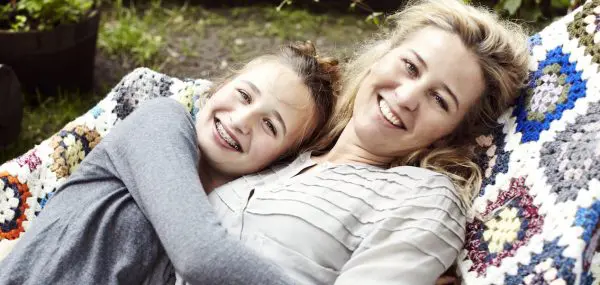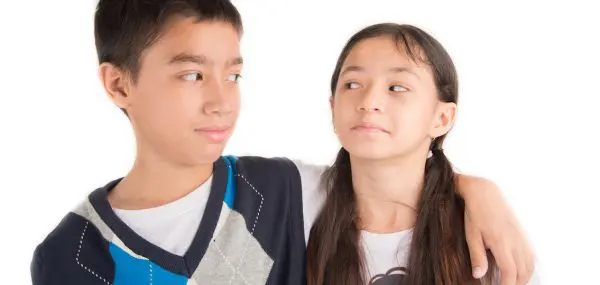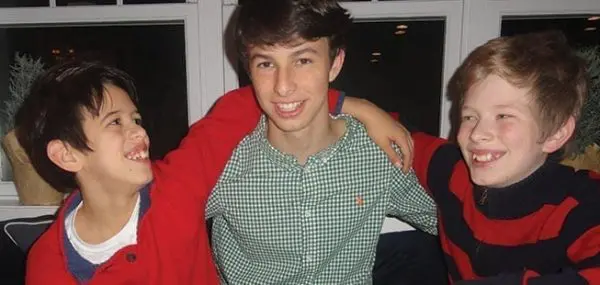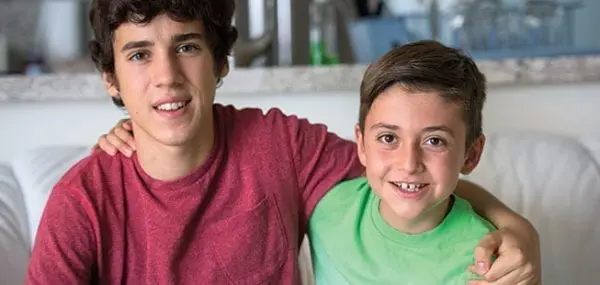Playing favorites with kids is hurtful. I know that firsthand.
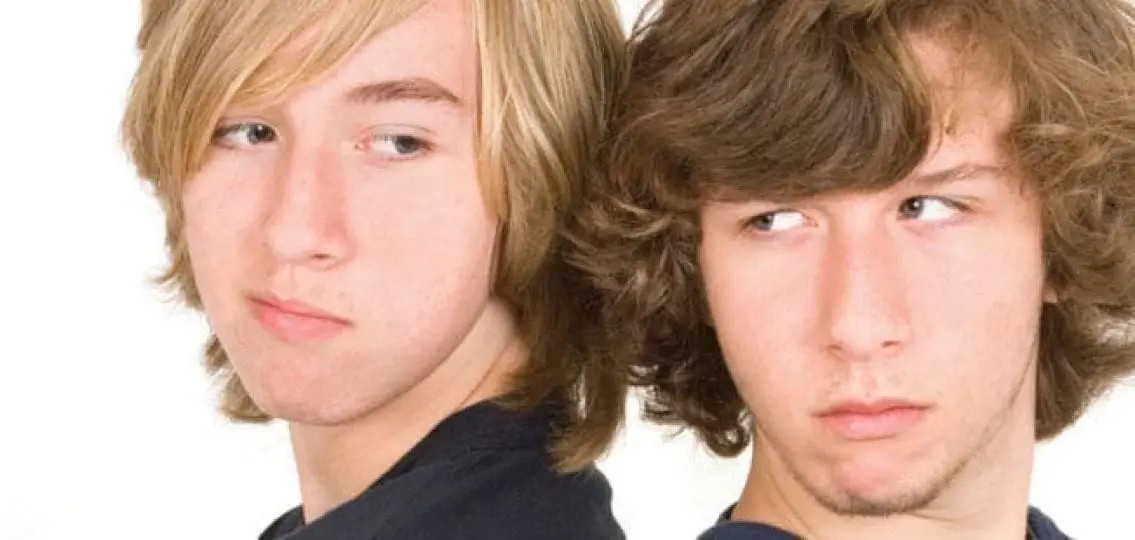
I grew up the fifth of six kids. From an early age, I was very aware of unequal treatment by my parents between siblings. My mother treated the four boys like the lords of the house. When I became a mother myself, she even admitted to me in a moment of candor that she loved boys so much, she wished that all of her children had been boys.
My Parents Had Favorites
One in particular was the apple of her eye. He had been a happy, easy baby, very welcome after the preceding colicky brother, and the only one of the six of us whose infancy she really seemed to remember. My mother had oil portraits done of my three older brothers, and instead of hanging them in birth order, she put the third (and favored) son in the middle. The fact that the portraits were hung out of order on my parents’ living room wall still bothers my older two brothers to this day, forty years later. The favored son’s nickname is “The Prince.”
Dad had a favorite, too. He grew up without a mother or sisters, and my older sister was and still is his favorite child. He and she are temperamentally and emotionally very similar and have similar values. At her wedding, as my father gave her away at the church altar, and with me standing right behind her holding her bouquet, he said to her husband-to-be “Take care of her. She’s our treasure.” Alrighty then.
My parents’ favoritism has extended into adulthood, and the kids of their favorite children are (not surprisingly) their favorite grandchildren. My parents display more photos of their favorites. They remember their birthdays, their graduations, their sporting events. They talk proudly about one grandson’s good looks, another granddaughter’s beautiful red hair. And in all honesty, favoring some grandchildren over others hurts even more than the favoritism I witnessed as a child. You can treat me differently, but it’s an entirely different kind of hurt to prefer my sister’s kids to mine. And yes, it has caused real resentment and strained relationships amongst us siblings.
Apparently, my family is not unique. Research by sociologist Jill Suitor found that parental favoritism occurs in one-third to two-thirds of American families. Another study conducted by a psychologist at the Cornell Institute for Translational Research on Aging found that a whopping 70 percent of mothers admitted to having a favorite child, even after the children became adults.
Mothers had favorite children for different reasons, but usually because one child was more like them in personality and temperament. A child’s appearance or talent in music, sports, or academics may earn a parent’s favor—and just as any number of reasons may earn a parent’s disfavor. This favoritism can manifest in different ways: more time spent with one child, more affection given, more privileges, or less discipline.
The Consequences of Parental Favoritism
But parental favoritism can have negative psychological and behavioral effects on children and teens which can last even into adulthood. A study in the Journal of Marriage and Family found that favored children can feel a sense of entitlement and that rules do not apply to them. They frequently aren’t disciplined for unacceptable behaviors as their siblings are. It can also affect the way they act in school, at work, and in their romantic relationships and friendships.
According to the study, these children often grow up entrenched in a kind of reciprocal arrangement: They take care of their parents’ emotional needs, and their parents take care of them. Favorite children expect the world to care for them as their parents did—which, of course, doesn’t happen. And, as a result, these children are often less prepared to care for themselves as adults. As for unfavored siblings, children who sensed that their mom consistently favored one child over another were more likely to have lower self-esteem and to exhibit depression in middle age.
According to the studies, it’s the perception of favoritism that matters. It doesn’t matter whether you’re the chosen child or not, the perception of unequal treatment has damaging effects for all siblings. The less favored kids may have ill will toward their parent or preferred sibling. And being the favored child brings resentment from one’s siblings.
My Own Efforts to Avoid Favoritism
When my husband and I had our three children, we made strenuous efforts to treat them all equally and to head off perceptions of favoritism.
We were scrupulous, for example, in spending the same amount for each on Christmas gifts. I have literally counted the number of photos of each of them hanging on our walls to make sure they were equal. We’ve spent time with each one-on-one, so they felt loved as an individual and not just as one of a set of three. We were very careful how we spoke about each kid and did not compare them to each other. I never wanted our kids to feel resentful of us—or each other—because of unfair treatment. And at various and regular intervals, I have told each of my three kids privately and conspiratorially “Don’t tell the others, but you’re my favorite.” My fondest wish is that they discover this at my funeral.
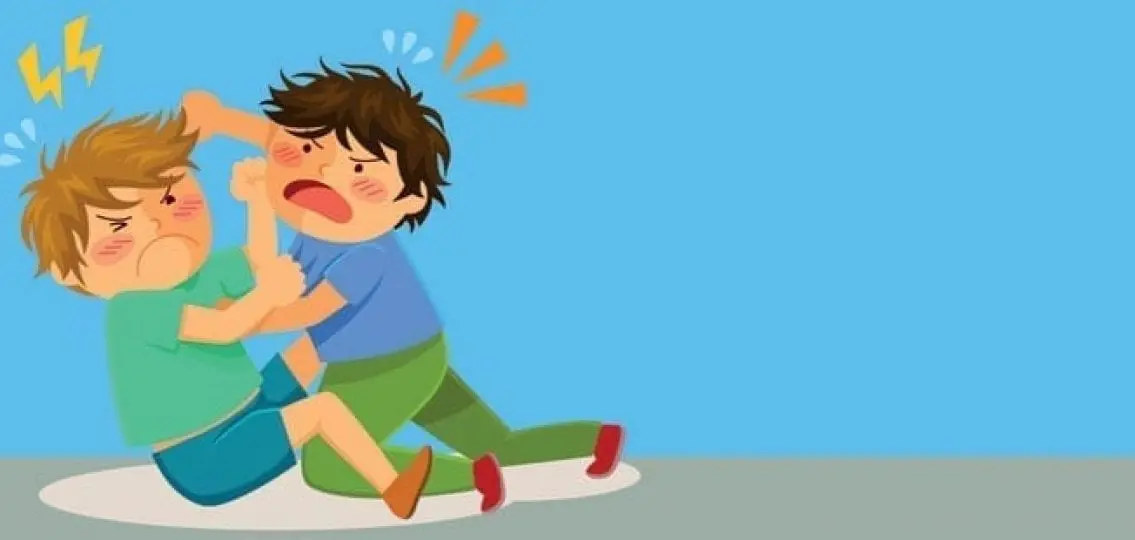
As I wrote this, I texted my kids to ask if they felt that we had ever played favorites. “Go on,” I texted. “Be honest—I can take it.” In typical fashion, the boys never answered. But my middle child, the keeper of all grievances real and perceived, immediately responded. “I didn’t growing up, but last summer you paid Charlie’s rent and I had to pay my own.” And she was, of course, right. So much for all that other stuff we did for the past two decades.
Kids sure do keep you humble—but we’ll keep trying our best.

